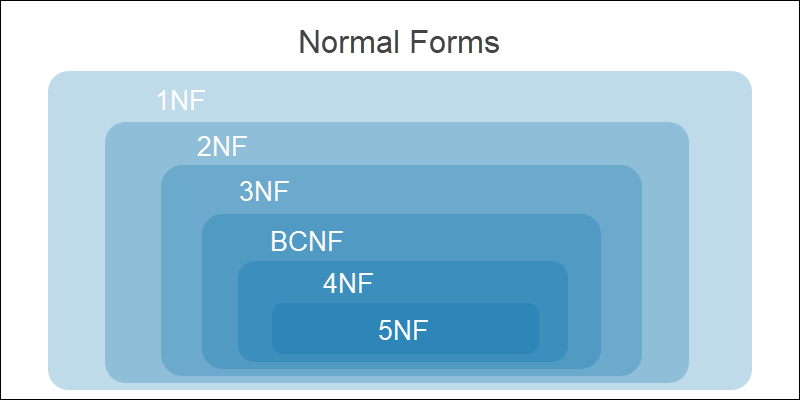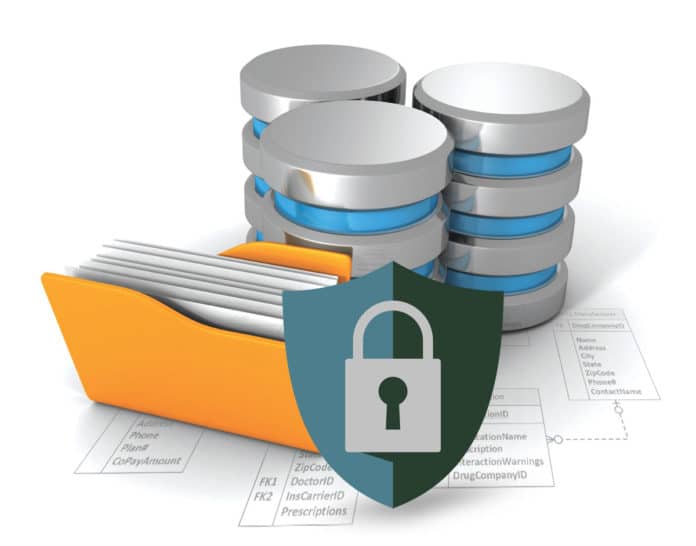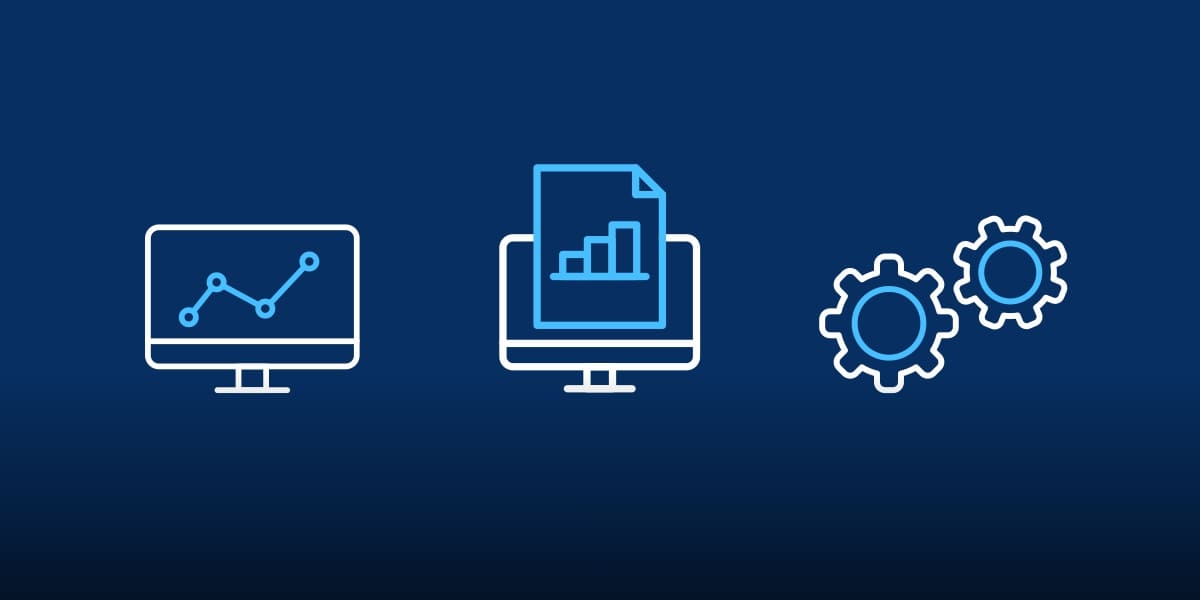Database Administration : Essential Skills for SQL Developer
In the world of data management and software development, SQL (Structured Query Language) plays a crucial role. As a SQL developer, having a solid understanding of database administration is essential for ensuring efficient database operations, data integrity, and overall system performance. In this article, we will explore the essential skills and best practices that every SQL developer should possess to excel in database administration.
Database Design and Normalisation
Database design is the art of organizing data efficiently, ensuring its integrity, security, and scalability. At its core is the principle of normalization, which organizes data to minimize redundancy and enhance integrity by breaking it down into logical entities and defining relationships between them. This involves using primary keys for unique record identification and foreign keys to establish connections between tables. Visual techniques like Entity-Relationship diagrams help represent this design, making it easier to understand and implement. Proper database design is essential for robust and efficient data management.

Indexing and Query Optimization
Indexes are crucial for optimizing query performance. Learn how to identify columns that need to be indexed based on query patterns and usage. Understand different index types (e.g., clustered, non-clustered) and how they impact read and write operations. Furthermore, study query optimization techniques such as using appropriate joins, filtering data efficiently, and utilizing query execution plans. Analyze slow queries, identify bottlenecks, and optimize them for better performance.
.jpg)
Backup and Recovery
Protecting data from loss or corruption is paramount. Learn how to implement backup and recovery strategies. Understand different backup types (full, differential, incremental) and schedules. Familiarize yourself with recovery options, including point-in-time recovery and disaster recovery planning. Practice restoring backups to ensure their integrity and effectiveness.

Security and Access Control

Performance Monitoring and Tuning

Database Maintenance and Data Integrity
Maintenance tasks are essential for ensuring data integrity and database health. Understand concepts like database integrity constraints, data validation rules, and referential integrity. Perform routine maintenance activities such as checking for and repairing data inconsistencies, updating statistics, and managing database space. Implement strategies to handle database growth, such as data archiving and partitioning.

Disaster Recovery and High Availability
Prepare for unforeseen events by establishing disaster recovery and high availability measures. Learn about database replication, clustering, and mirroring techniques to create redundant database environments. Practice implementing failover and recovery procedures to ensure business continuity in the event of system failures.
Troubleshooting and Problem Resolution
Develop problem-solving skills to diagnose and resolve database-related issues. Familiarize yourself with common database errors, log files, and error handling techniques. Learn how to analyze and interpret error messages, troubleshoot connectivity problems and resolve performance bottlenecks. Cultivate a systematic approach to problem resolution, utilizing logs, monitoring tools and database diagnostic utilities.

Documentation and Communication

Continous Learning and keeping up with trend
The field of database administration is constantly evolving, with new technologies and trends emerging regularly. Stay updated with the latest developments in the database world, such as cloud-based databases, NoSQL databases, and big data technologies. Engage in continuous learning through reading books, attending conferences, participating in online courses, and joining relevant communities. Stay curious and embrace opportunities to enhance your skills and expand your knowledge.

Conclusion
In conclusion, as a SQL developer, acquiring essential database administration skills is crucial for effectively managing and maintaining databases. By understanding database design, query optimization, backup and recovery, security measures, performance monitoring, and troubleshooting techniques, you will be equipped to ensure data integrity, optimize system performance, and handle potential challenges. Continuously enhance your skills, stay updated with industry trends, and actively seek opportunities to apply your knowledge in real-world scenarios. With the right set of database administration skills, you will become a valuable asset in driving efficient and reliable data management practices.
